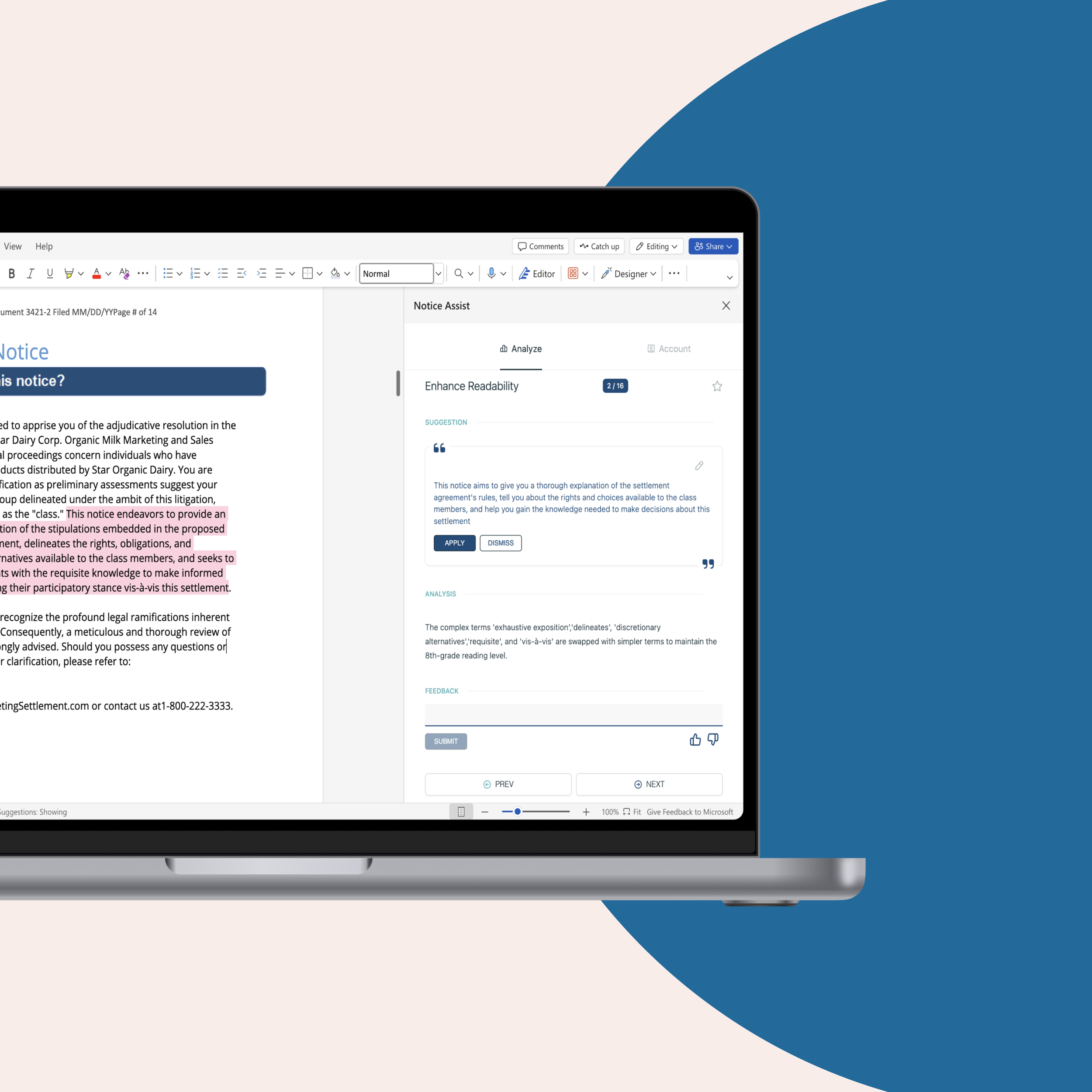Justice Kagan’s Dissent Chalks Up Another Victory on Rule 68 Mootness
Seventh Circuit Overrules Damasco v. Clearwire Ahead of Supreme Court’s Upcoming Argument in Campbell-Ewald v. Gomez
Jocelyn D. Larkin
Executive Director, Impact Fund
To the relief of class action practitioners in the Seventh Circuit, the appeals court last week beat a hasty retreat on the issue of whether an unaccepted Rule 68 offer, made prior to a motion for class certification, could moot the individual claim of a class representative and therefore the class action. In an opinion authored by Judge Easterbrook, joined by Judges Posner and Manion, the Seventh Circuit explicitly overruled Damasco v. Clearwire Corp., 662 F.3d 891, 895 (7th Cir. 2011) and prior precedents.Chapman v. First Index, Inc., Nos. 14-2773, 14-2775, 2015 WL 4652878 (7th Cir. Aug. 6, 2015).
All right, let’s set the stage. A favorite strategy of class action defendants to shut down newly-filed cases is to “pick off” the class representative at the outset. The defendant will make a Rule 68 offer to the plaintiff for his or her full damages and then, even if the offer is not accepted, will move to dismiss on the grounds that the claim is moot. If the first is dismissed, others can be added setting off a procedural game of Whac-A-Mole. The Seventh Circuit repeatedly endorsed the tactic, concluding that the plaintiff’s lack of a personal stake stripped the court of jurisdiction over his or her claim. But, there was a caveat. In a class action, the offer had to be made before a motion for class certification had been filed. The panel in Damasco, decided in 2011, ignored the plaintiff’s hand-wringing about the future of class actions and endless rounds of Whac-A-Mole with its own “simple solution”: just file the class certification motion with the complaint. Simple, right? Plaintiff’s lawyers had to file prophylactic and premature class certification motions (oh, so much work!) that would never be heard. Unhappy district court judges were stuck with skeletal certification motions languishing on their docket in every class action.
Fast forward to 2013. The Supreme Court was poised to address the Rule 68 “pick off” issue in GenesisHealthcare v. Symczyk, 133 S. Ct. 1523 (2013), an FLSA opt-in collective action. But there was a problem. The Rule 68 issue presents two inter-related questions: does an unaccepted Rule 68 offer moot an individual claim and, if so, does it also moot the class or collective claim. The parties in Symzcyk had stipulated to the first issue – that the individual claim was mooted – suggesting that the case might not be a great candidate for the Supreme Court to address the issue. Undaunted, the majority opinionassumed without deciding the first issue, and went on to rule that the collective action would be moot if the individual’s claim had been mooted by a Rule 68 offer (also leaving open whether the answer might be different in a Rule 23 class action).
But, not so fast. In her acerbic and persuasive dissent, Justice Kagan chastised the majority for ducking the first, and dispositive, issue. Citing a proposition familiar to “every first-year law student,” Justice Kagan noted that the rejection of an offer “leaves the matter as if no offer has ever been made.” Nothing in Rule 68, moreover, authorized the dismissal of litigation – only the allocation of costs under certain circumstances. Justice Kagan closed with a warning to the circuits: “don’t try this at home.”
The Second, Ninth and Eleventh Circuit thereafter heeded her warning, concluding that an unaccepted Rule 68 offer did not moot an individual claim. Earlier this year, the Supreme Court granted certiorari to address the questions left open in GenesisHealthcare and resolve the (rapidly dwindling) circuit split. Campbell-Ewald v. Gomez, 135 S. Ct. 2311 (2015).
But the Seventh Circuit decided not to wait around for the high court’s decision: “we think it best to clean up the law of this circuit promptly.” Citing Justice Kagan’s dissent, the circuit’s surrender was unequivocal. “We overrule Damasco, Thorogood, Rand, and similar decisions to the extent they hold that a defendant’s offer of full compensation moots the litigation or otherwise ends the Article III case or controversy.” Chapman, 2015 WL 4652878, at *7. The panel suggested that, in a single plaintiff case, some argument “in the nature of an estoppel or a waiver” might be made in the face of a “spurned offer of complete compensation.” But, as for class actions, unaccepted settlement offers will not moot the case, even after certification has been denied:
“Settlement proposals designed to decapitate the class upset the incentive structure of the litigation by separating the representative’s interests from those of other class members. So it may be that, in class actions, the conclusion “not moot” implies that the case should be allowed to continue—for even a settlement offer after the district judge has declined to certify a class may be designed to prevent an effective appeal (or at least change everyone’s incentives about whether to appeal).”
The days of Whac-A-Mole Rule 68 offers and protective class certification motions appear to be over in the Seventh Circuit, at least for now. Chalk up another one for Justice Kagan.











